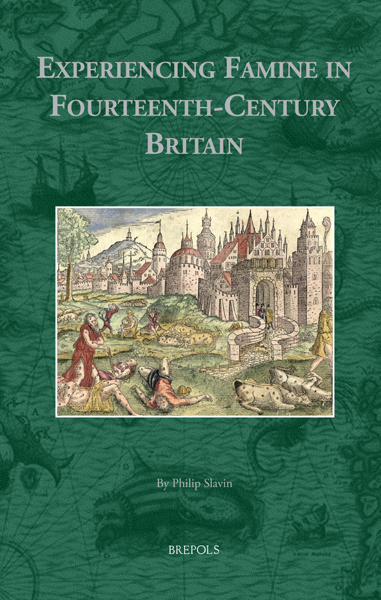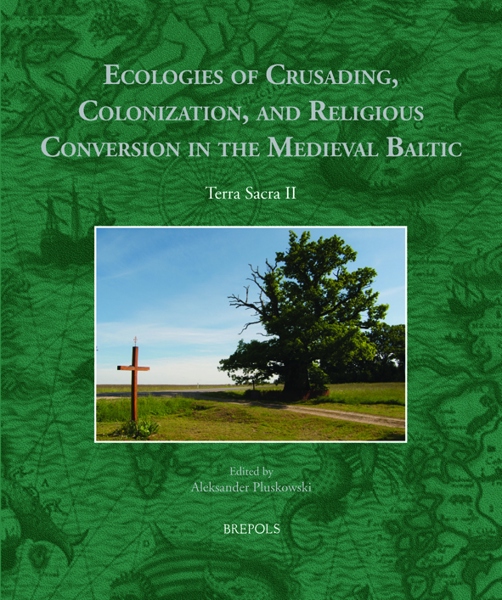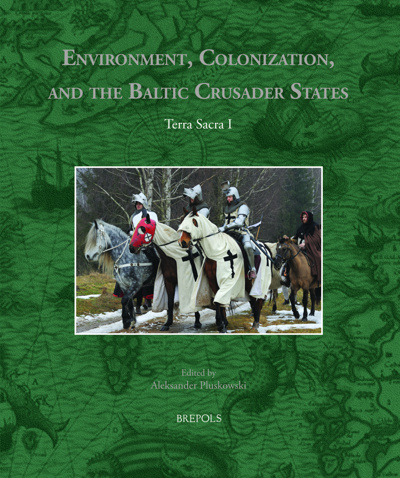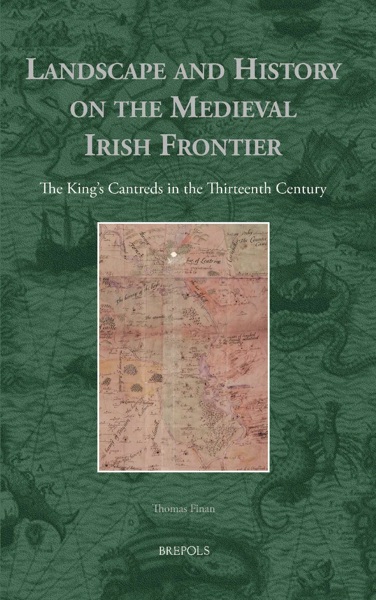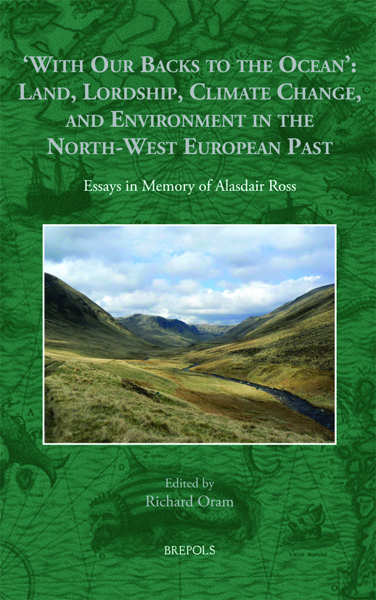
Experiencing Famine in Fourteenth-Century Britain
Philip Slavin
- Pages: xxiv + 442 p.
- Size:156 x 234 mm
- Illustrations:24 b/w, 47 tables b/w.
- Language(s):English, Latin
- Publication Year:2019
- € 110,00 EXCL. VAT RETAIL PRICE
- ISBN: 978-2-503-54780-0
- Hardback
- Available
The book is concerned with arguably the single harshest subsistence crisis in Europe in the last two millennia: the Great Famine of 1315-17.
“Overall, the work is incredibly thorough and constantly demonstrates Slavin's intensive gathering of sources.” (Adam Franklin-Lyons, in The Medieval Review, 24/04/2021)
“Slavin’s breadth and depth of research is truly impressive.” (Nicholas R. Amor, in Proceedings of the Suffolk Institute of Archaeology and History, December 2020, p. 708)
“The book remains an impressive achievement. It reveals how extreme weather, demographic duress and malfunctioning institutions interacted in complex ways to create a catastrophic human tragedy.)” (Mark Bailey, in English Historical Review, 2021)
“Slavin’s significant contribution to studies of medieval and other famines rests on the depth of his research, the extent of primary source material he has collated, and his use of corroborating evidence from more recent and better-documented famines. As with any collection of medieval sources, there are lacunae both in time and space. Throughout his analysis he anticipates exaggeration and hearsay in chronicles, and misreporting and uneven coverage in manor accounts and other sources. He is careful to acknowledge these, sets out where he has extrapolated available data, and explains conflicting regional data. He strikes a balance between presenting an eyewatering selection of information summarized in tables and graphs and providing context and putting a human face on the tragedy by telling individuals’ stories, and paves the way for further research into this topic.” (Barbara Rouse, in Parergon, 39/1, 2022, p. 267-268)
The agrarian crisis of 1315–17, known to history as the Great Famine, was one of the most devastating environmental crises to hit Europe within the last two millennia. The almost biblical flooding of 1314–16 brought about a series of crop failures, triggering a widespread agricultural crisis that unfolded into a catastrophic famine, which hit both human and animal populations with unprecedented force. The impact of this crisis, and the major long-term environmental consequences that followed, thus mark a truly watershed moment in European history.
This volume provides an in-depth study of the Great Famine as it affected the British Isles, but through this focused approach, it also offers new insights into the late-medieval North European economy and society at a time of political, socio-economic, and biological shocks and crises. Close analysis of contemporary archival sources reveals that the Great Famine was a highly complex phenomenon made by both Nature and man; and this is reflected in a highly interdisciplinary approach that studies climate, economy, demography, and health, as well as the way in which human behaviour further exacerbated the impact of famine.
Acknowledgements
Prologue
Chapter 1: Framing the Great Famine: Concepts and Contexts
Chapter 2: The Malevolence of Nature: Floods and Harvest Failures
Chapter 3: Declining Food Security: Harvest Production and Management
Chapter 4: Declining Food Security: Food Markets and Trade
Chapter 5: Declining Food Security: Transportation and Storage
Chapter 6: Declining Food Security: Warfare and Taxation
Chapter 7: Poverty, Malnourishment, and Famine Demography
Chapter 8: Fighting for Their Entitlements: Coping Strategies
Epilogue: The End of the Crisis?
Conclusions
Appendices
Works Cited
Index
